Is it safe to cook with aluminium foil?
By naturopath Margaret Jasinska
This is a common question from our patients, so let’s clear up the facts now.
We all know that exposure to too much aluminium is unhealthy. It is a known neurotoxin that has long been implicated as a contributing factor to Alzheimer’s disease. Just recently aluminium is being linked to the development of autism.
Aluminium is added to almost all vaccines and this represents the most significant source of aluminium exposure in children. Aluminium is added to vaccines because it behaves as an adjuvant (substance that elicits a strong immune response). In the past mercury was added to most vaccines and has now been replaced with aluminium. In genetically susceptible individuals, it can trigger the development of an autoimmune disease.
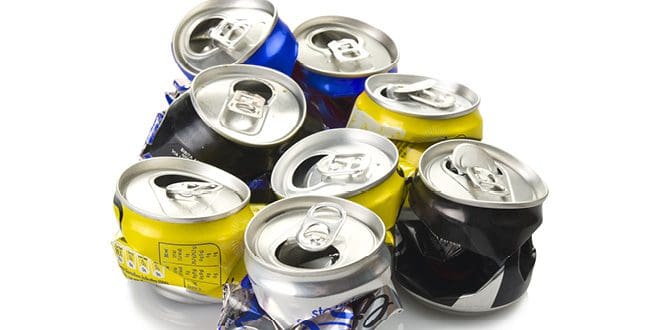

Aluminium is also present in the following:
- Some deodorants and antiperspirants
- Some cosmetics, moisturisers and toiletries
- Aluminium foil and cooking utensils
- Soft drink cans
- Some antacids contain aluminium
Aluminium pots and pans have been phased out some time ago and are nearly impossible to buy now. A lot of people avoid antiperspirants that contain aluminium, but what about cooking with aluminium foil? It’s certainly handy and convenient, but is using it placing your health at risk?
Your body can certainly eliminate small amounts of aluminium it is exposed to, but many people worry about continual exposure building up inside their body. Cooking food in aluminium foil does cause some aluminium to leach into your food, but how much gets in largely depends on the type of food. We know that heat and acid both increase the leaching of aluminium. So the hotter the cooking temperature, the more aluminium ends up in your food.
Acidic foods are also more likely to leach aluminium into your food; so that would be things like tomatoes or lemon juice, used as marinades or sauces. Acidic fruits such as kiwifruit and pineapple are also a problem, which many people use to marinate meat. Research has actually been done on this issue. A study was published in the International Journal of Electrochemical Science and proved that leaching from aluminum foil can result in unacceptably high levels of aluminum contamination in food.
The type of meat used also affects the aluminium content of food. Red meat that was cooked for 40 minutes at 205 degrees Celsius contained almost 380 percent more aluminum than before cooking. Chicken breast contained just over 200 percent more aluminum than was present before cooking. So that’s quite a lot of aluminium your body would be exposed to if you cook with it regularly, not to mention the other sources of aluminium you may encounter each day.
The author of the study is Ghada Bassioni, who is the Head of the Chemistry Division at Ain Shams University. She concluded the study by stating that “aluminum foil is not suitable for cooking, especially with acidic food”.
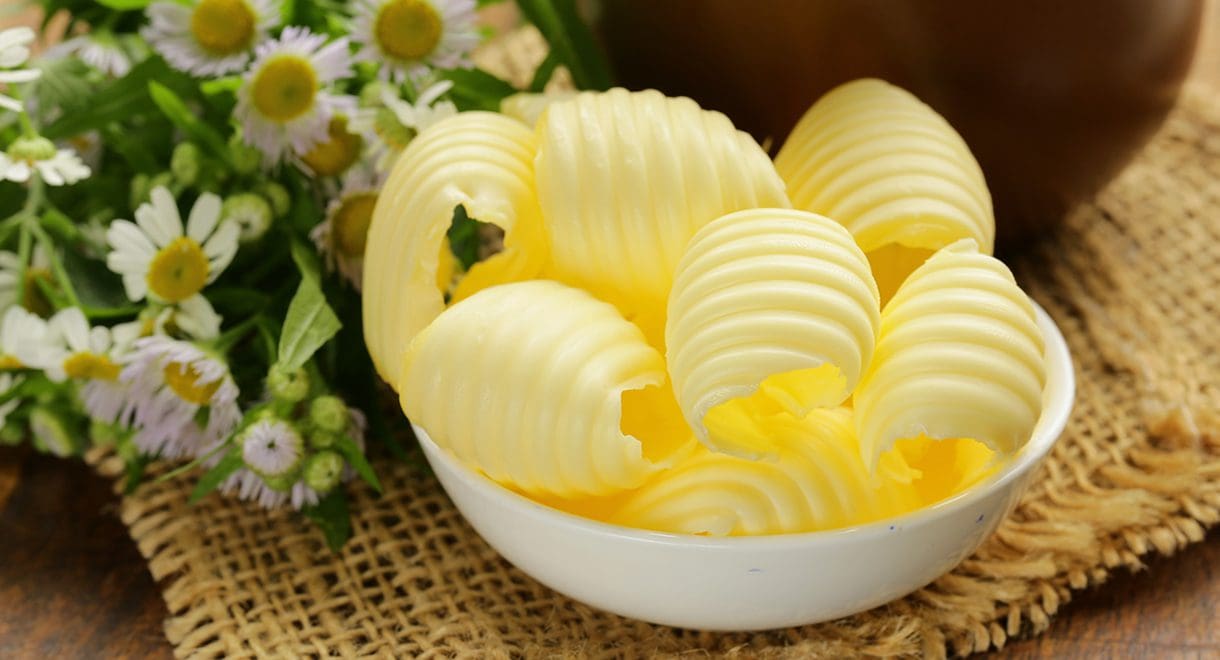

Alternatives to aluminium foil
I am not a fan of baking paper either, as it has been coated with chemicals to make it non-stick. The best alternative is really to just use a glass or ceramic baking dish and grease it with a natural fat. Which types of fat are best? The following fats are natural, tolerate heat well and do not promote inflammation or cardiovascular disease in your body:
- Butter
- Ghee
- Olive oil
- Macadamia nut oil
- Coconut oil
- Duck fat
- Lard
- Tallow
- Suet
When using oils derived from plants, please choose cold pressed, extra virgin and organic if possible. When it comes to animal fats, grass fed (pastured) and organic is preferable.


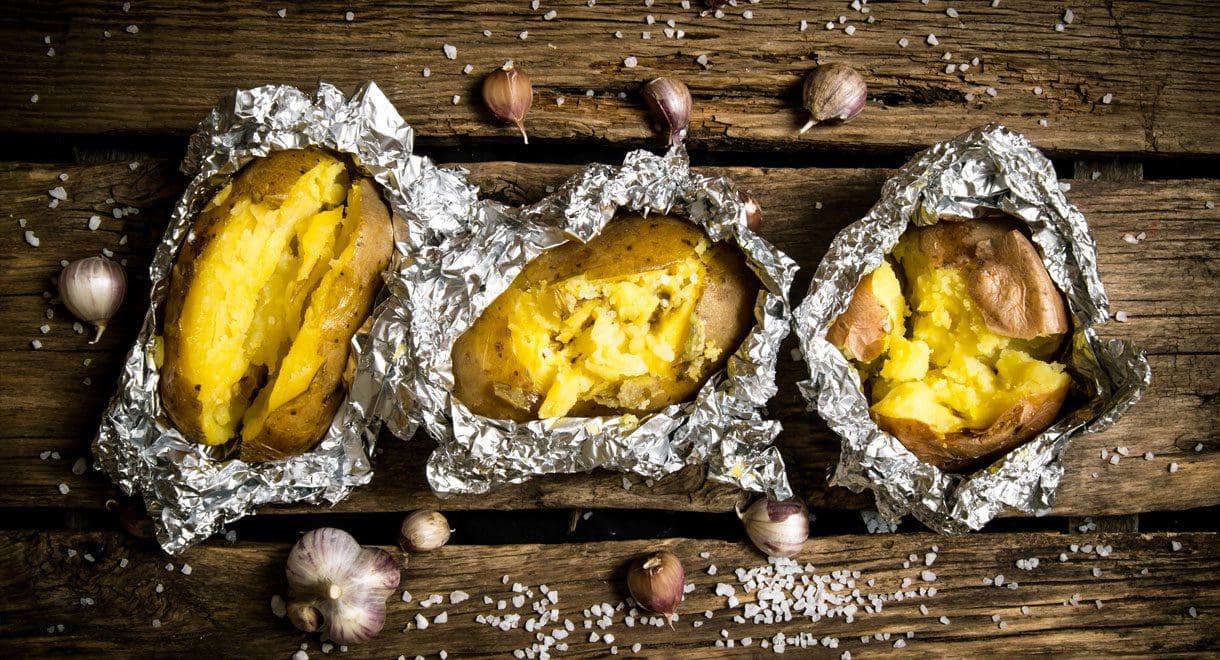



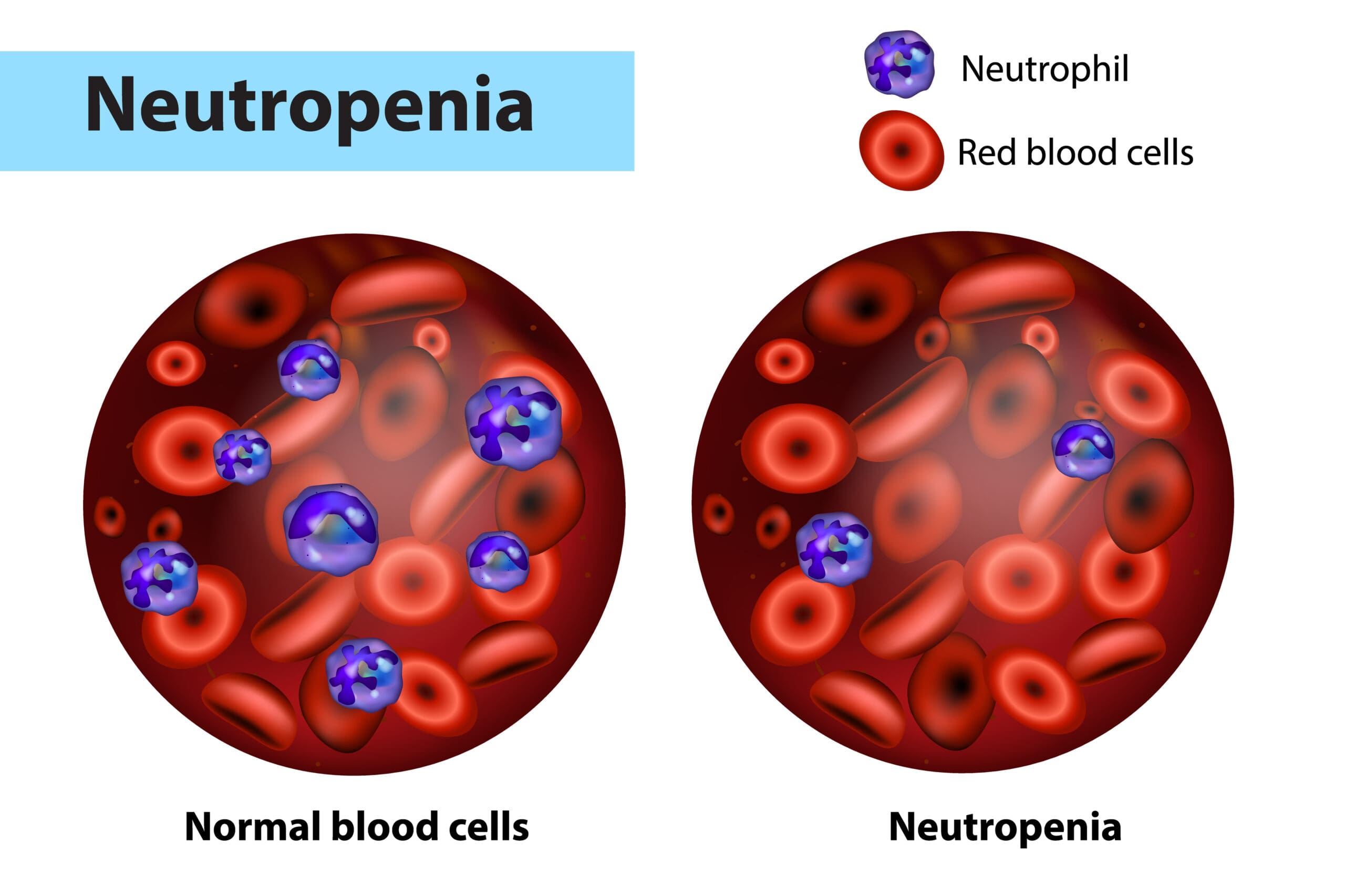
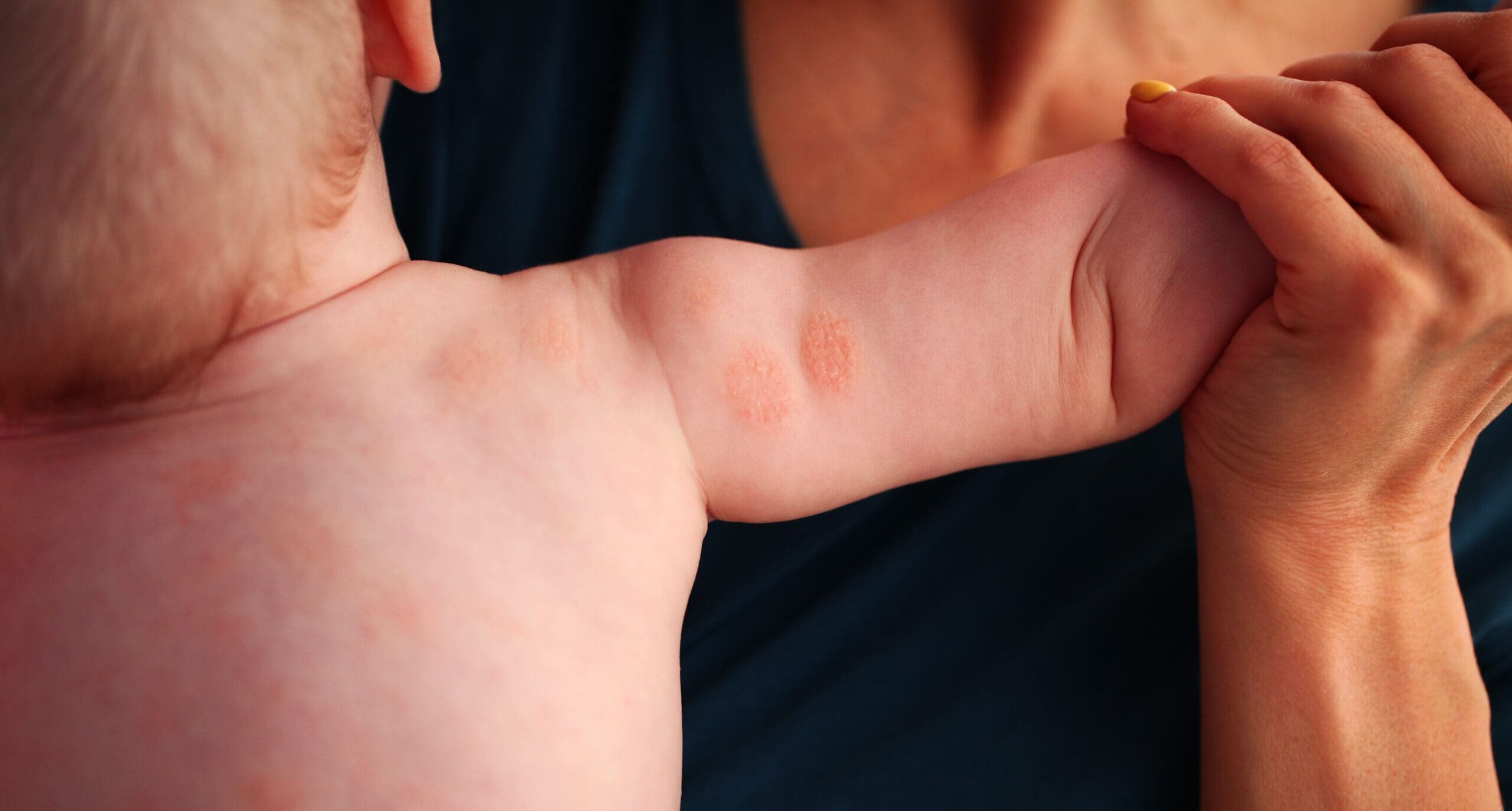
Leave A Comment